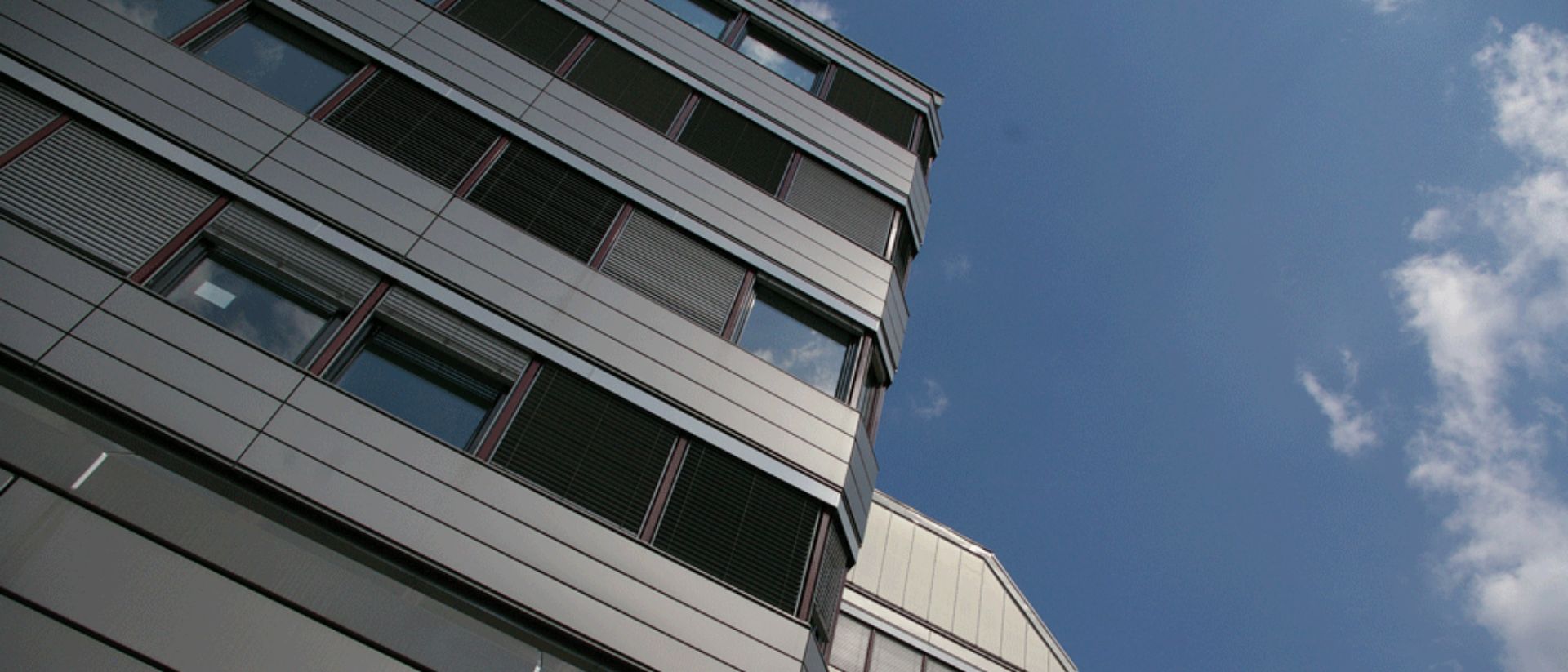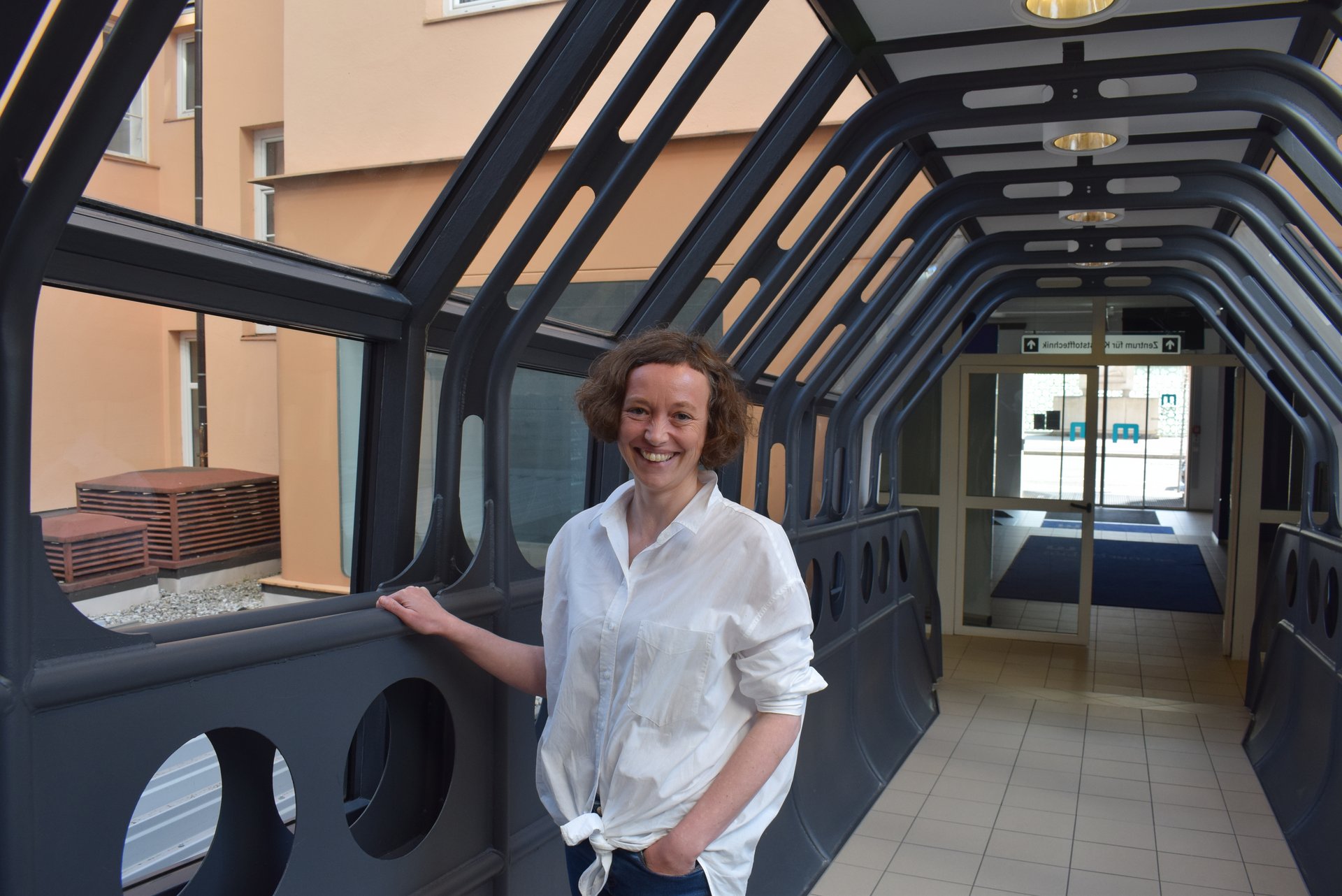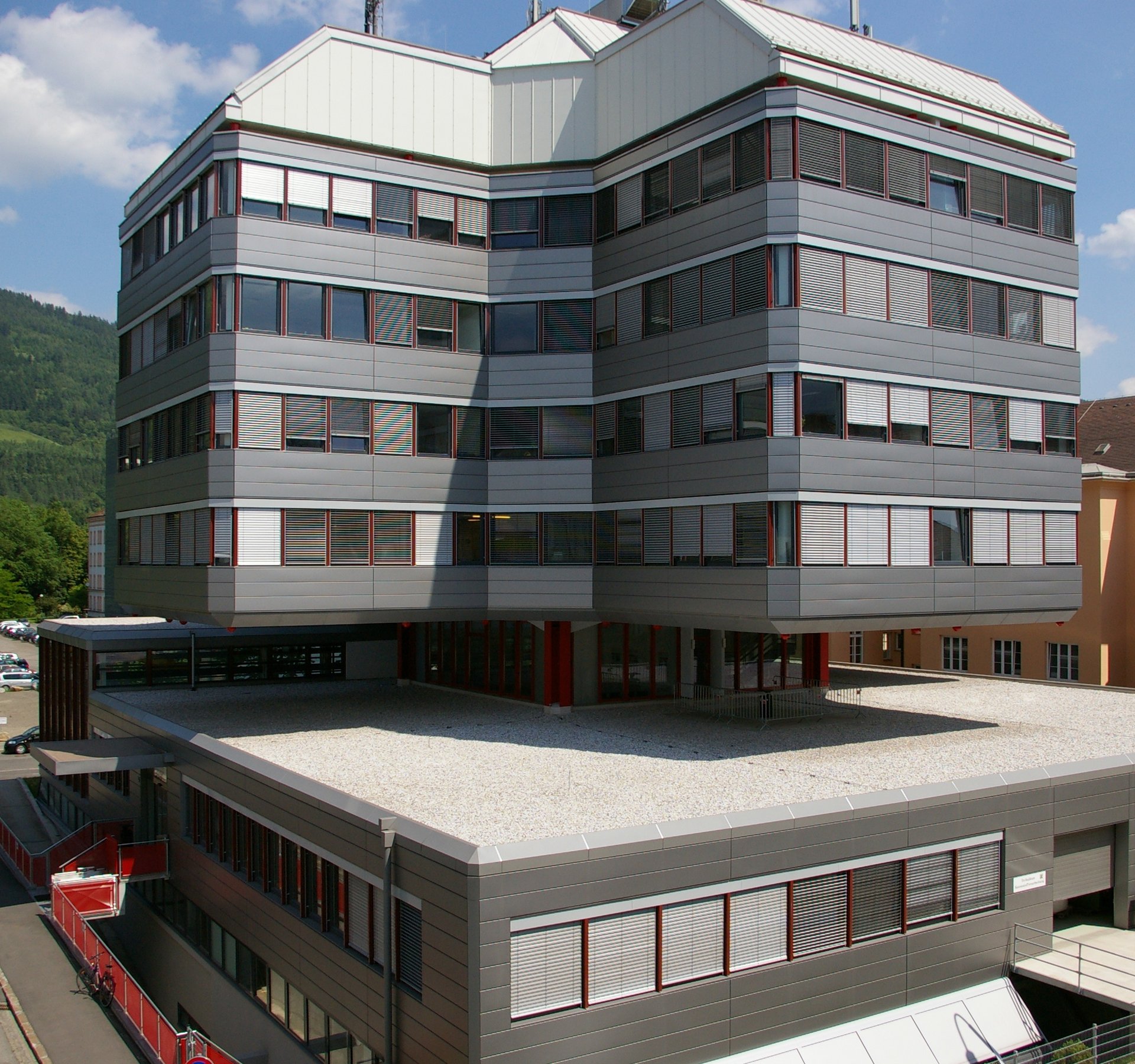Intelligent mobility, regenerative energy generation and storage or energy- and resource-efficient building technology are all areas of application for epoxy resins that are already making an important contribution to sustainable development. However, they are currently mainly produced from petroleum-based and hazardous raw materials and are not recyclable. An interdisciplinary research team at the Department of Polymer Engineering and Science (project leader) strives to change this: The aim is to develop high-performance, environmentally friendly, multifunctional and recyclable epoxy resin systems based on renewable raw materials. The project team consists of innovative scientists, experienced technologists and visionary companies along the entire value chain:Andritz Hydro GmbH, Bruno Bock GmbH, bto-epoxy GmbH, Capita MFG GmbH, Design Composite GmbH, Isovolta AG, Luxinergy GmbH, Politecnico di Torino, Department of Applied Science and Technology, Polymer Competence Center Leoben GmbH, Poschacher Kompost e.U., Wood KPlus - Kompetenzzentrum Holz Gmbh.
Reducing the ecological footprint through holistic research
In three interlinked work areas, epoxy resins will be developed that are based up to 100% on renewable regional raw materials (e.g. agricultural and biomass waste), are non-hazardous in production, processing, and use, can be produced and processed with high energy and resource efficiency, and are suitable for repair and/or recycling. The research work is fully aligned with the principles of "green chemistry". All activities are aimed at reducing the ecological footprint by using innovative and environmentally friendly raw materials and researching new, efficient production technologies. Life cycle assessments will also be used to determine the environmental impact of the new epoxy resins. At the end of the project, findings should be available that will enable targeted material development beyond the project.
The aim of the project is therefore not only to develop finished epoxy resins that consist of regional and renewable raw materials (ideally 100%), have improved functional properties compared to the state of the art and are cost-efficient and toxicologically harmless in production, processing and use. In addition, the production routes are also being reconsidered: innovative hardeners and curing strategies and routes for (bio-based) epoxy resins will enable resource-efficient processing and the use of various processing methods. Second-life options are also adressed, with intelligent material designs enabling reuse or repair and thus optimal material recycling.
Contact:
assoz.-Prof. Dr. Katharina Resch-Fauster
katharina.resch-fauster(at)unileoben.ac.at
+43 3842 402 2105
The COMET project bio-ART is funded by the Federal Ministry for Climate Action, Environment, Energy, Mobility, Innovation and Technology (BMK) and the Federal Ministry of Labor and Economic Affairs (BMAW), with funding being provided by the Austrian Research Promotion Agency (FFG).




![[Translate to English:]](/fileadmin/shares/kunststofftechnik/images/Logos/FFG_Logo_DE_RGB_1000px.png)